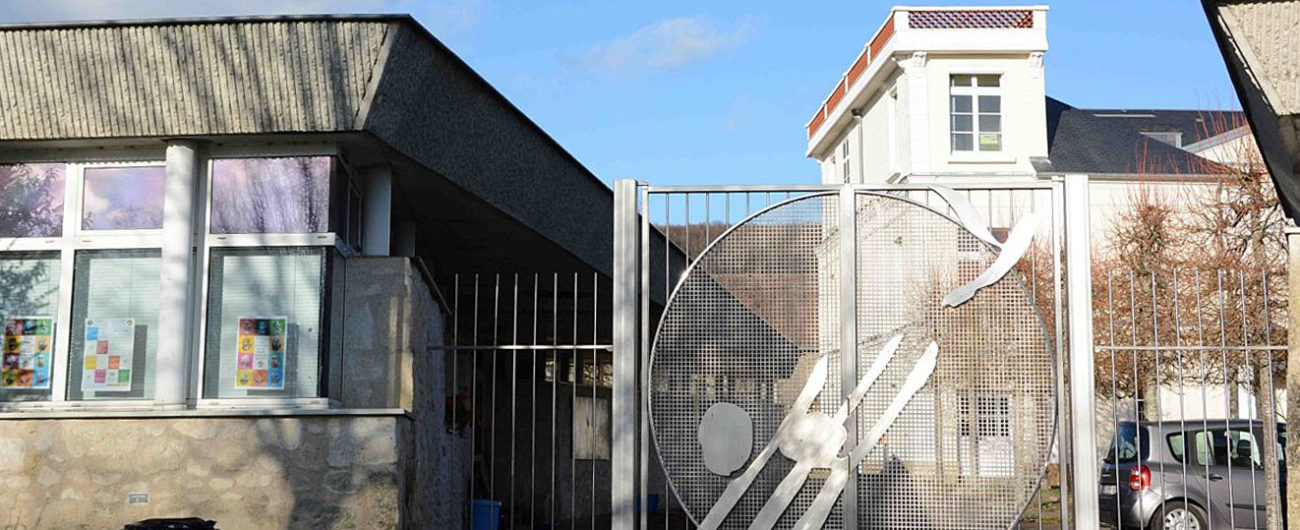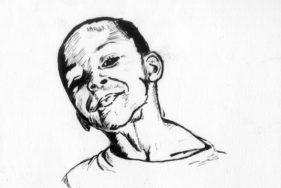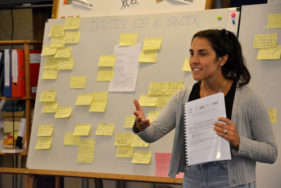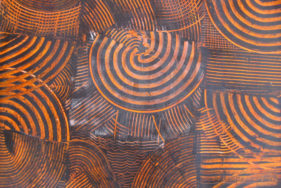History and Research
Writing the History of the Fourth World


Play with YouTube
By clicking on the video you accept that YouTube drop its cookies on your browser.
“Here, I feel at home.”
In the beginning, a man and a will
All over the world, extreme poverty is ignored and at times even denied. One man stood up to address this denial: Joseph Wresinski, the founder of ATD Fourth World. In the early days of ATD Fourth World, Joseph Wresinski was intent on challenging the community of thinkers, researchers, academics and leaders of the political and economic world on the question of extreme poverty – a community which, in his eyes, too often forgets the positive contribution of those who experience extreme poverty daily and of those who commit themselves by their side. He invited them to bring justice and humanity back at the heart of our societies and rethink the policies designed to fight against poverty, involving all the people concerned, acknowledging them as experts and not just as mere witnesses.
From the very beginning, Joseph Wresinski insisted on everything being written down and documented so as to keep track of the commitments and combats of the activists, friends, volunteers and allies who are committed to eradicate poverty. This ambition is encoded in ATD Fourth World’s DNA and rooted in a life shared with those who live in extreme poverty.
Joseph Wresinski Archives and Research Centre at the heart of this ambition
Today, this ambition is carried out by the Joseph Wresinski Archives and Research Centre (JWC), situated in Baillet-en-France, outside Paris. From the outset, through writings, photos, sound recordings, films and works of art, the people involved in ATD Fourth World have built up a real heritage destined to be gradually enriched over time. Brought together and kept at the JWC, these archives are the source of a history of the actions to overcome extreme poverty and of the struggles to eradicate it.
“The JWC is one of the only places keeping a record of the fight of the poorest against poverty. It stands for our ambition to have the people of the Fourth World taken into account in our neighbourhoods, our cities and our countries, and it is of paramount importance for the future, against a background in which the challenges that the world faces may distract from the priority that must be given to the fight against poverty, a new form of apartheid.”
The JWC, a university of action against poverty
The JWC aspires to be a centre of excellence in the realm of archiving but also as regards to action-oriented knowledge and research. It is the guardian of the memory, struggles and actions of ATD Fourth World, and aims to :
- overcome the misconceptions, neglect and denial of poverty, and make the many different aspects of yesterday’s and today’s poverty better understood .
- make all these struggles and actions more widely known and learn from them to break out of the vicious circles of well-meaning or right-thinking schemes that are never designed nor assessed with the people living in poverty.
- deepen the knowledge, raise the awareness of the world of academia and research on the issue of extreme poverty and help rethink the world.
- foster commitment and collective action.
During a visit, Fackson Banda – Chief of the Documentary Heritage Unit of UNESCO comments why he finds the archives at the JWC important:


Play with YouTube
By clicking on the video you accept that YouTube drop its cookies on your browser.
During the same visit to the CJW, Kazi Imtiaz Hossain, Ambassador to France and Permanent Delegate to UNESCO says what he found inspiring about the JWC:


Play with YouTube
By clicking on the video you accept that YouTube drop its cookies on your browser.
World Children’s Day
On November 20, the United Nations and the world recognize World Children’s Day. In 1979, International Year of the Child, (…) Read more
Poverty and Questions of Knowledge and Epistemic Injustice
Above: Anaclara Acuña Written by Anaclara Acuña and originally published in the Revue Quart Monde n°265. Ms. Acuña interned as (…) Read more
Using Social Philosophy for Change
Image above: By Guillermo Díaz © ATD Fourth World This article is based on a talk by Nathalie Bénézet during (…) Read more





